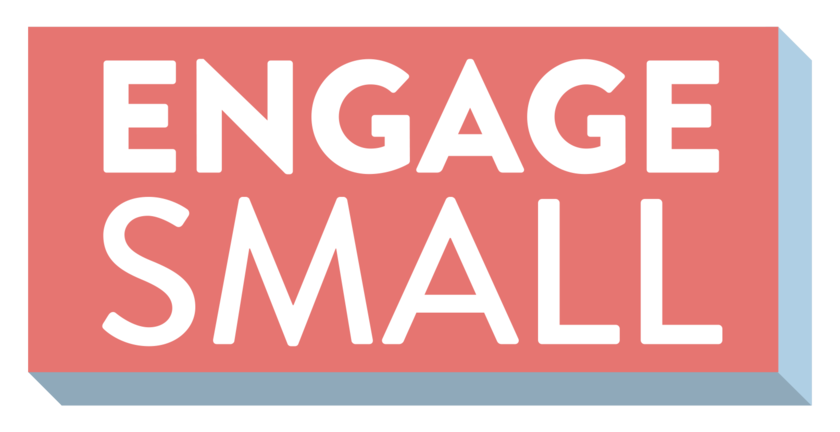What exactly is considered a small business? It’s a question that is asked quite frequently.
Some define a small business based on the amount of money it makes. Some define it based on the number of employees that company has. Luckily, we have some guidance on a formal definition, thanks to the U.S. Small Business Administration (SBA).

The SBA sets the definition of what constitutes a small business in the United States. The SBA, for most industries, defines “small business” either in terms of the average number of employees over the past year, or average annual receipts.
The SBA also sets industry size standards, so exact numbers vary depending on what type of product and/or service your business provides. Categories include agriculture, construction, finance, manufacturing, real estate, transportation and more.
Want to find out if your business qualifies as a small business? The SBA provides a Size Standards Tool anyone can use.
It’s important to note that all federal agencies must use SBA size standards for contracting small business, so small businesses must register with the federal government’s System for Award Management, a database government agencies use to find contractors.
That all said, no wonder answering “what is a small business?” is so complicated. That’s why we’re here.
To us at Engage Small, it’s more than just numbers – small business is a feeling. It’s that knowing sporting a “mom and pop” establishment means more than more profits. It’s choosing your friend-of-a-friend’s local grocery instead of that big box store. It’s seeing your neighbor take the chance on living out their dream.
So while we’re here to help you understand all the complicated pieces and parts of being in business, we’re all here to help you remember why you started in the first place.
We want to know what you want to know: what other small business related questions can we answer for you? We’re happy to help share some knowledge.
Follow Engage Small on Facebook and Instagram.

Alicia Hansen is a Cleveland born, raised and educated marketing professional, writer and event producer. Her event credits include work with Cleveland Magazine, the Arthritis Foundation, Playhouse Square, Great Lakes Theater, the Cleveland Metroparks and more. Previously as L’Nique Specialty Linen’s marketing director, she played an integral role elevating the brand awareness of the organization with recognitions like L’Nique’s Top Workplaces awards from The Plain Dealer in 2016, 2017, 2018 and 2019. She teaches yoga at GrooveRyde, Platform Beer Co. and at pop-ups around Northeast Ohio. You can find her spreading a realistic yet hopeful look on life on her social feeds (@aliciamhansen) and her blog, aliciamhansen.com.

Recent Comments